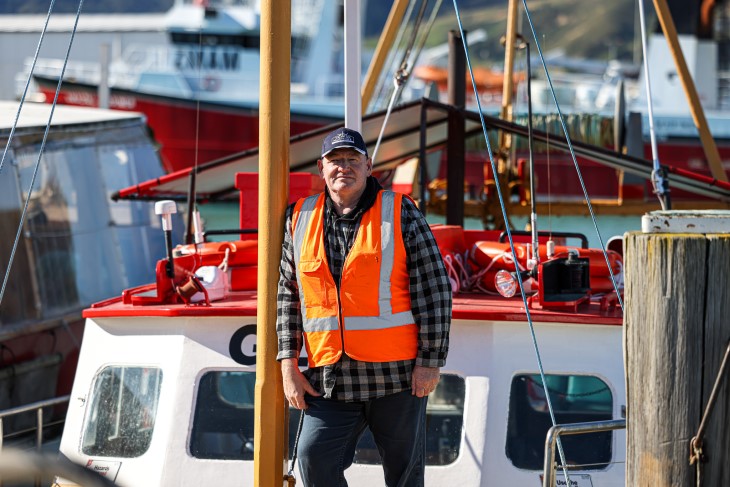Safer Boating Week: A plea to everyone hitting the water
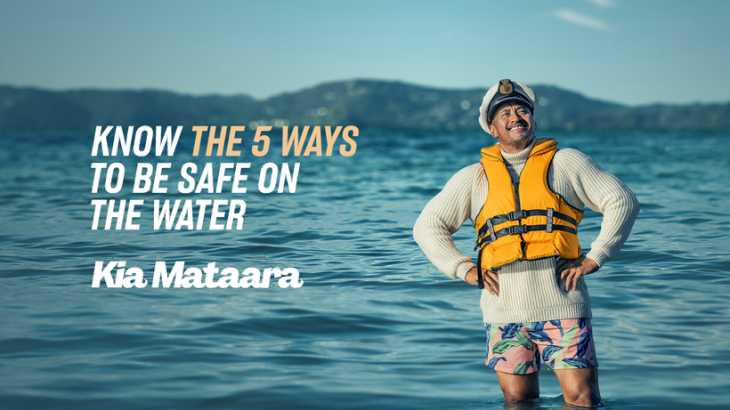
It’s Safer Boating Week, which is all about helping boaties get home to their whānau after a day out on the water.
Come home safe. That’s the message from the Safer Boating Forum partners, who want every recreational craft user to put steps in place to make sure they return home from their time on the water with good memories – not injuries or, even worse, fatalities.
Safer Boating Week is about getting safety to the forefront of the minds of recreational craft users as they start flocking to the water.
Maritime NZ’s 2022 Recreational Fatal Accidents report states that last year 17 people died tragically, or were reported missing and never found.
“This is a sobering statistic, and one the Safer Boating Forum and our members are dedicated to bringing down,” says Sharyn Forsyth, Chair of the Safer Boating Forum.
“Our forum members span right across the recreational craft space, from jet boating through to stand-up paddle boarding, and each activity has its own risks to manage.
“Through Maritime NZ’s community grant funding, organisations all over the country are running programmes to bring down instances of harm.
“In 2022, we saw fatal incidents occurring on powerboats, dinghies, kayaks and jet skis, and it’s important a targeted approach is taken to preventing harm on recreational crafts.”
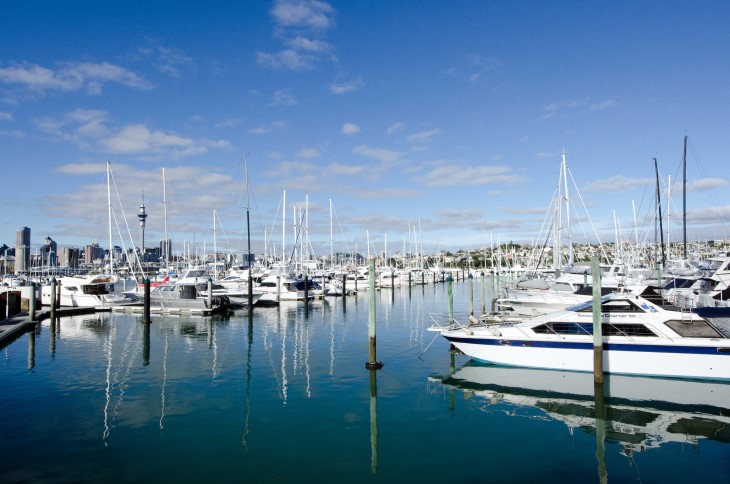
‘Tragedy can strike anywhere’
Almost all of these fatal incidents occurred one nautical mile from shore, or on lakes and rivers.
“It doesn’t matter whether you’re close to shore, tragedy can strike anywhere. That’s why it’s critical to prepare before heading out onto the water,” says Victoria Slade, Maritime NZ Harm Prevention Lead – Recreational Craft.
“If you’re planning to head out on the water, make sure to check the marine forecast, take two forms of waterproof communication to call for help, and always wear a properly-fitting lifejacket.”
Thirteen of the 17 fatalities last year occurred when people were capsized or thrown overboard, which is why it’s so important to wear a properly-fitting lifejacket.
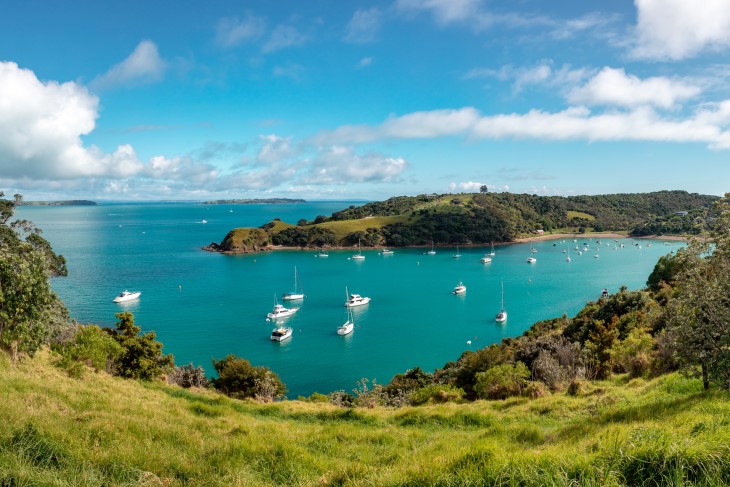
“New Zealand’s an island nation and conditions can change quickly. A day can start calm, causing a false sense of security. This has especially been the case for users of low-powered or human-powered vessels,” Victoria says.
Canoers and kayakers represented nearly a third of those who died in recreational craft incidents in 2022.
“Just because you’re going out in a small vessel near to shore, that doesn’t mean you’re immune to risks. The weather can change quickly so you need to regularly assess the weather conditions and head back to shore if conditions change,” Victoria says.
“Smaller crafts such as kayaks can easily capsize in larger waves and be battered by high winds, which can make situations very dangerous.
“Of the 17 people who died or went missing in recreational accidents in 2022, 16 of those were male. The ‘She’ll be right’ attitude of a lot of Kiwi males needs to be left at home when heading out onto the water. Remember, your family needs you home safely.”
For more information on how to plan before you head out, ways to be safe on the water, how to maintain your boat, and how to safely use different types of recreational crafts, go to the Safer Boating NZ website.
Safer Boating – Know the ways of the water before you let go of the land
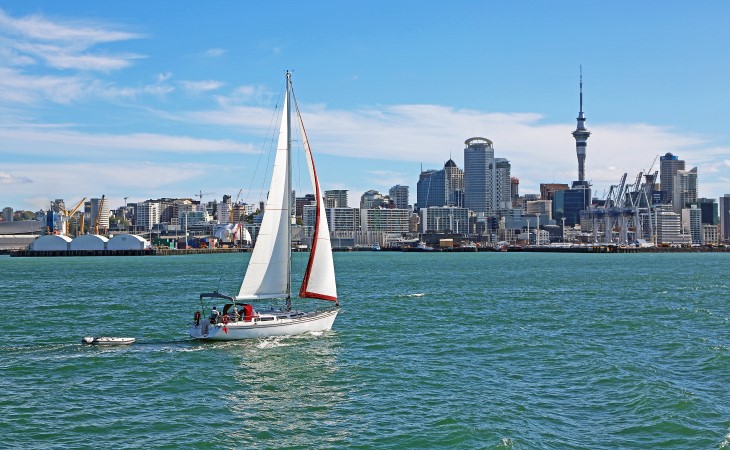
The five ways to be safe on the water
- Everyone wears a lifejacket, even the skipper
- Always take two waterproof ways to call for help
- Check the marine forecast
- Leave the beers at home
- Be a responsible skipper





